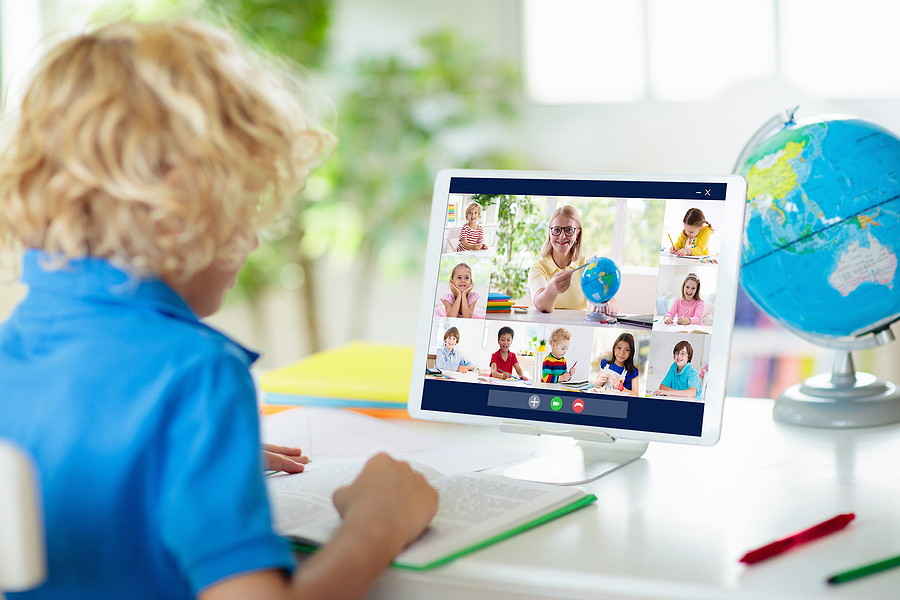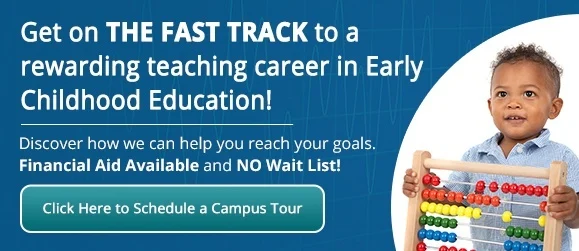How the Teaching Profession Has Changed
Posted On August 18,2020

Technology isn’t the only thing that’s changed in the last decade or two. Teaching and early childhood education have changed as well. There is a lot more accountability and responsibility placed on teachers today. While teachers definitely have a full plate, many of them remain optimistic about what lies ahead in the next decade of teaching.
1. States Have Higher Academic Standards
Due to rigorous Common Core state standards set in 2010 and the Next Generation Science Standards in 2013, the curriculum and teaching methods have changed from that of prior generations. Implementation didn’t come without controversy, and many teachers were confused on how to piece together their own curriculum. There was also an increase in math and reading test scores associated with these new academic standards, which affected the amount of time teachers had to spend on other subjects. As a result, many states have since revised or renamed the standards in an attempt to reduce some of the controversy, but the higher academic standards still remain.
Learn More about Our Early Childhood Education Program2. Students Play an Active Role in Learning
In prior years, the teacher lectured the same lessons, while the students listened or yawned. The teaching methods today allow students to play a more active role in their learning. By utilizing inquiry and project-based learning concepts they stay engaged in the lessons. Teachers are leveraging their students’ curiosity by presenting them with problems and scenarios for them to solve, versus simply delivering information.
3. Technology in the Classrooms
Teachers today have a wide array of technology available to them in the classroom, however, they’ve become increasingly more intentional about when to use that technology and when to power it down.
4. Remote Learning Has Grown in Popularity
As we’ve learned with COVID-19, remote learning continues to increase in popularity, as many parents appreciate the option for their student to learn without having to leave the safety of their home.
5. Students and Teachers are More Connected
Technology has made it easier for teachers and students to stay connected, even outside of the classroom.
6. Games are Used for Learning
While games may have been viewed as a free time or recess activity in the past, many games are incorporated in today’s classroom as a fun and valuable learning resource tool.
Start Your ECE Process Now7. Increased Diversity
Today’s classrooms include more diversity and differences than ever before, making teaching an even more fulfilling and rewarding career as they get to learn how to best teach kids from diverse language backgrounds, or with special educational needs, etc.
8. Increased Professionalism in Teachers
Now more than ever, teachers are able to thoroughly review and assess the quality of their own work as well as the work of their fellow teachers and make improvements whenever necessary.
9. Teachers are a Community
You’ve likely heard the saying “It takes a village” but this can be true for teaching as well. Teaching comes with a strong sense of community, and not just in your workplace, but across the entire profession at large.

10. Teaching is a Career Ladder
While there is no set career path as a teacher, there are plenty of career opportunities or ways to advance in your profession or move up the teaching career ladder, so to speak. Whether it’s applying for the lead teacher position, department chair, administration, etc., there are dozens of roles and pathways for teachers to explore and pursue.
If you’ve thought about becoming teacher, there’s no better time than the present to start earning a degree in early childhood education. Contact Athena Career Academy today for more information.